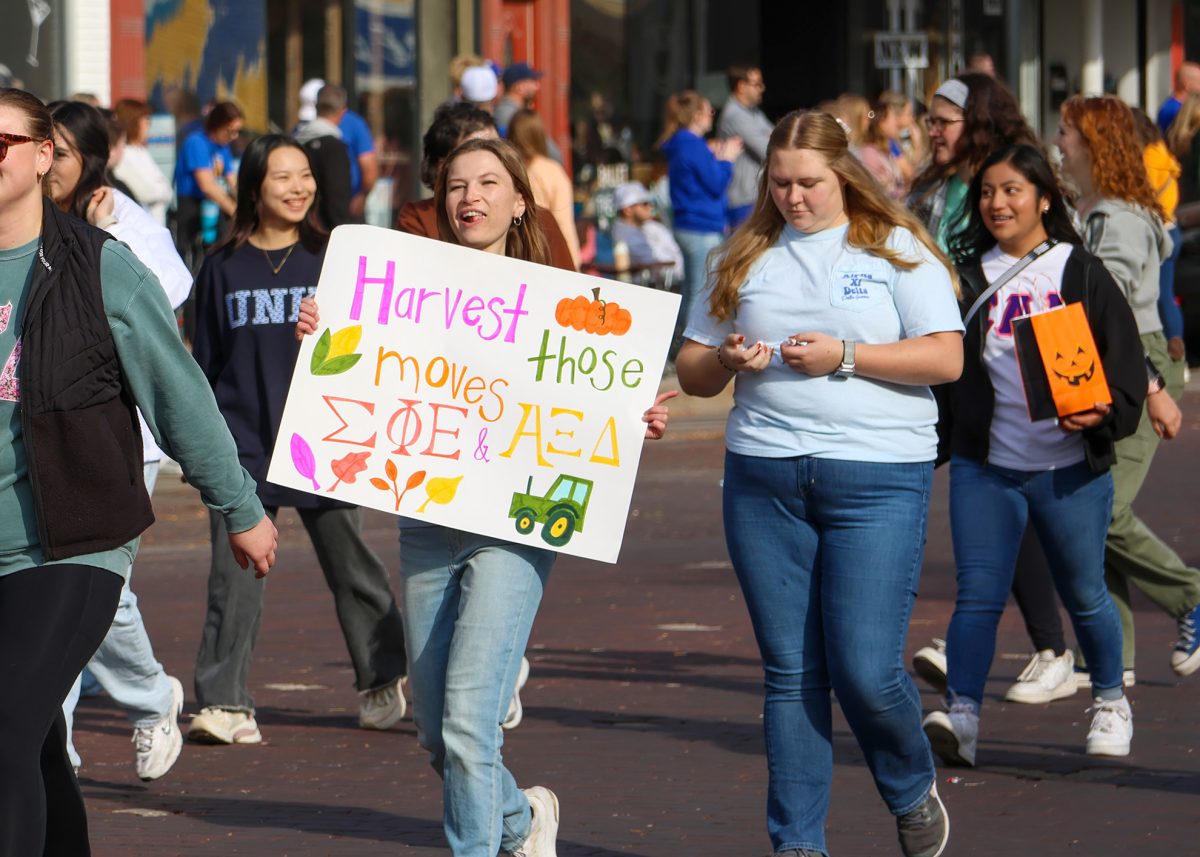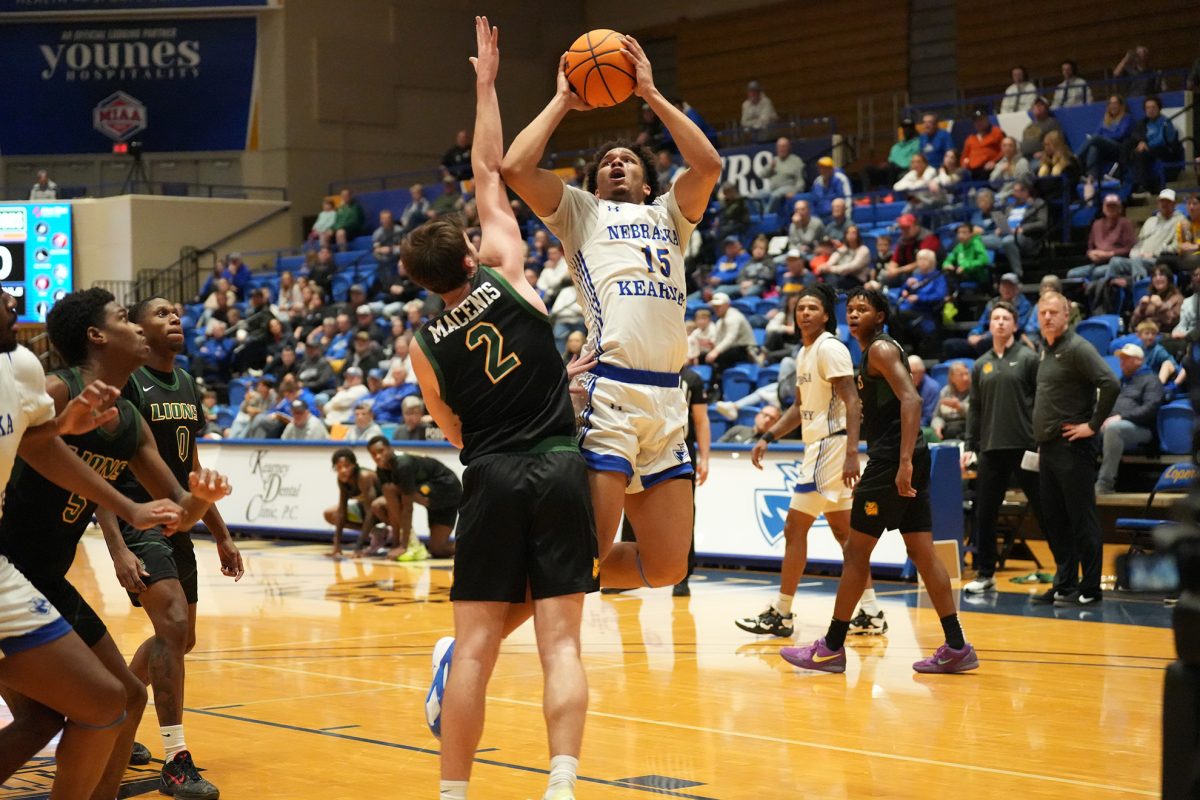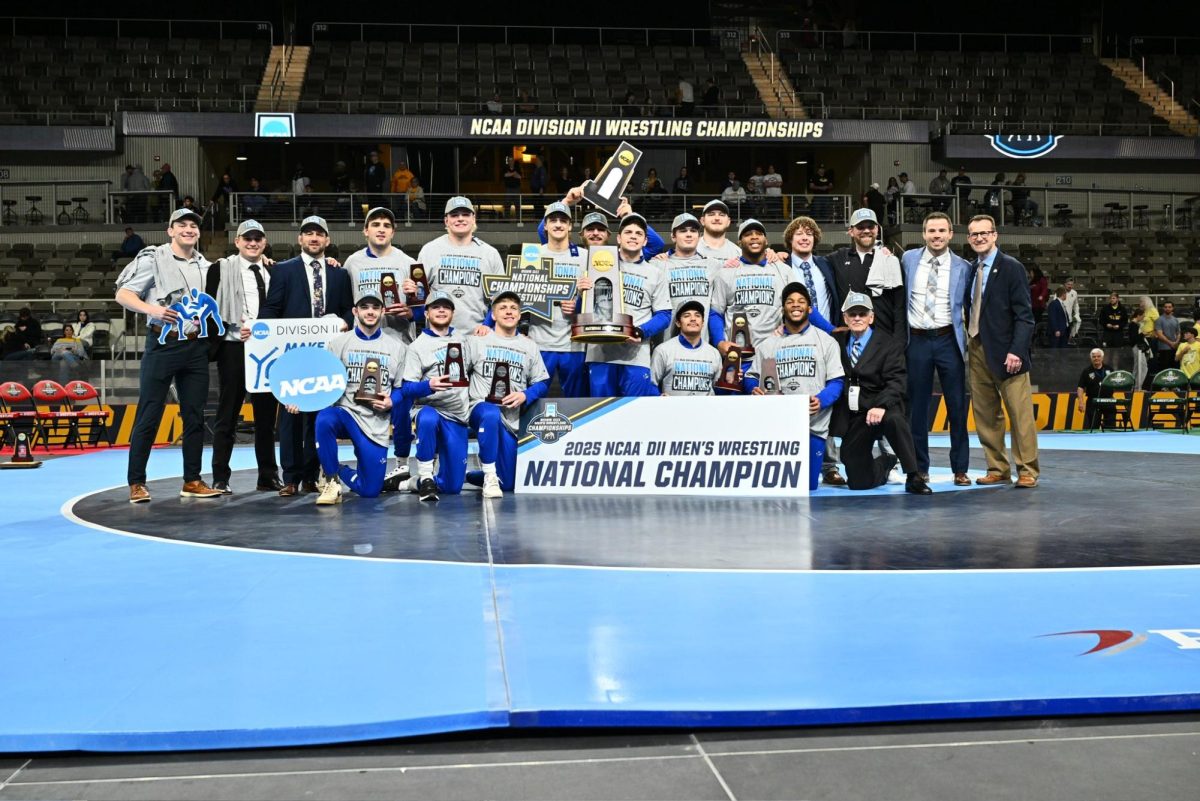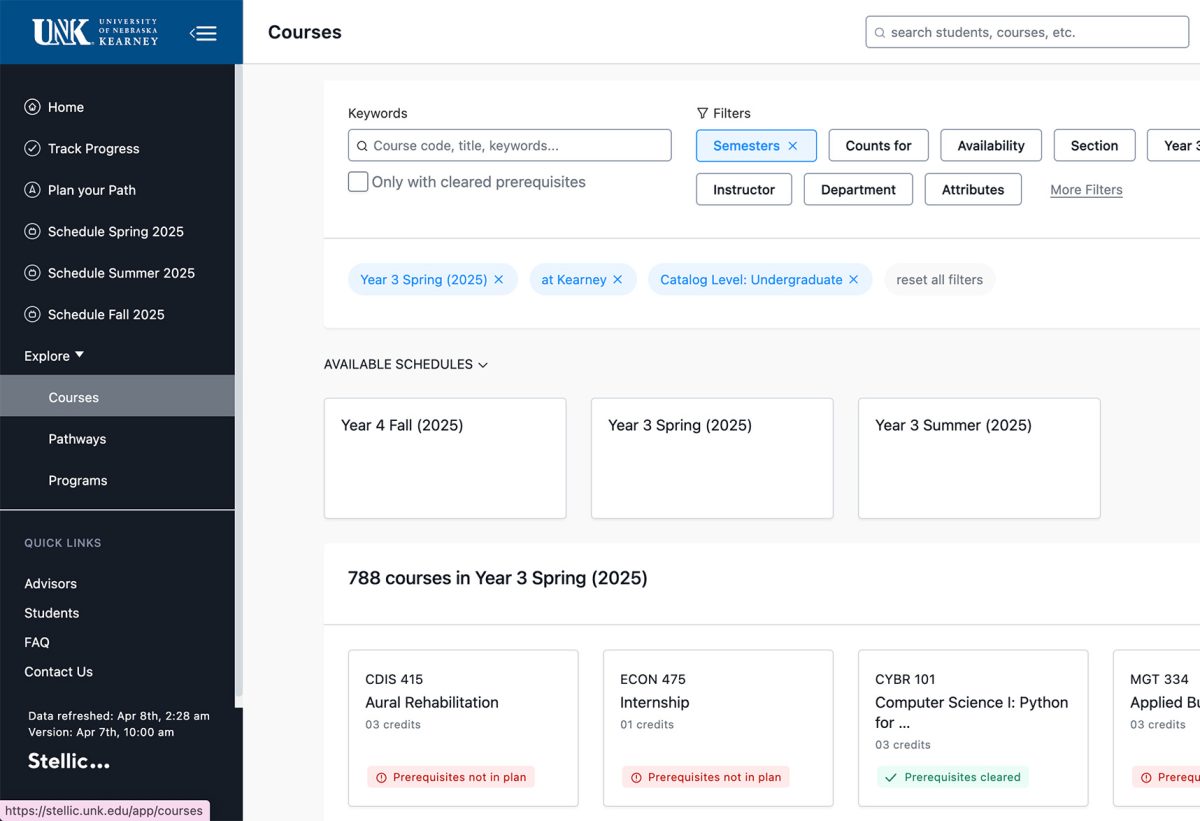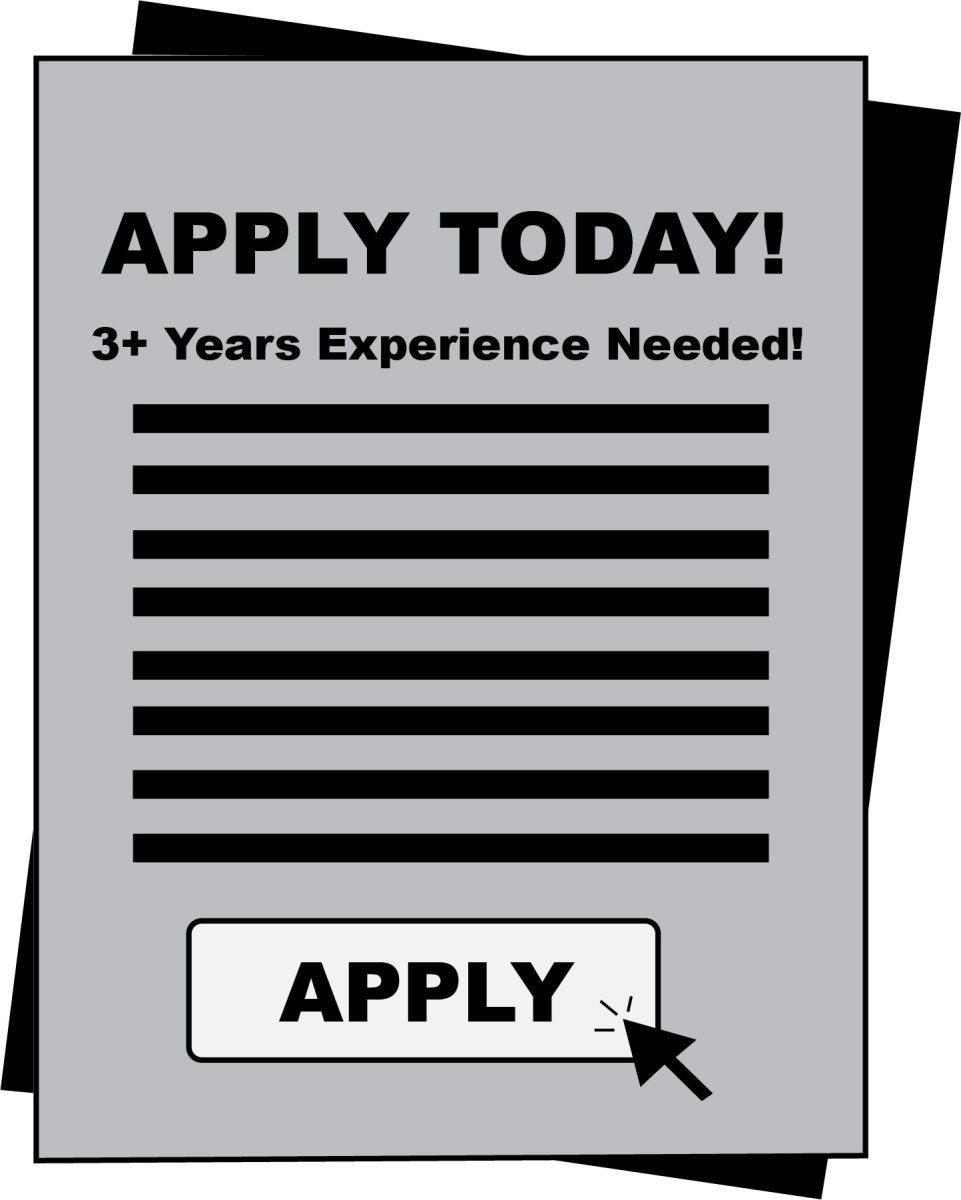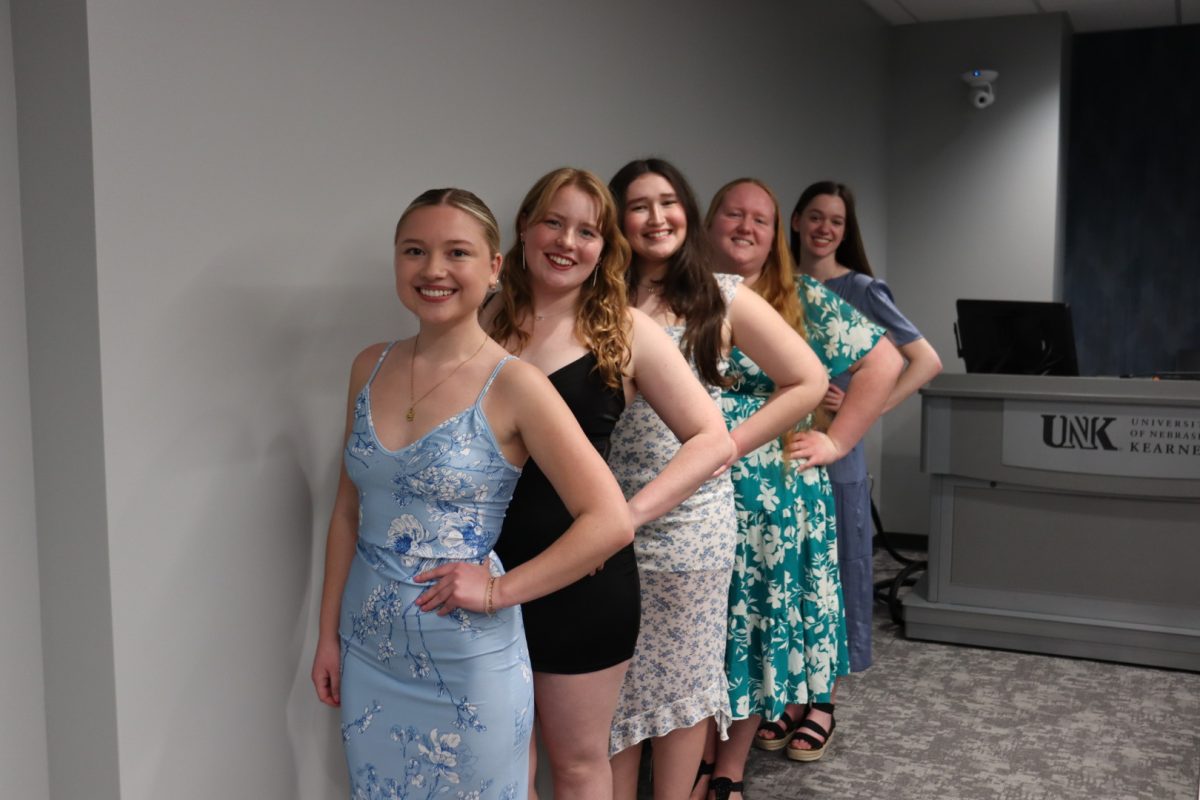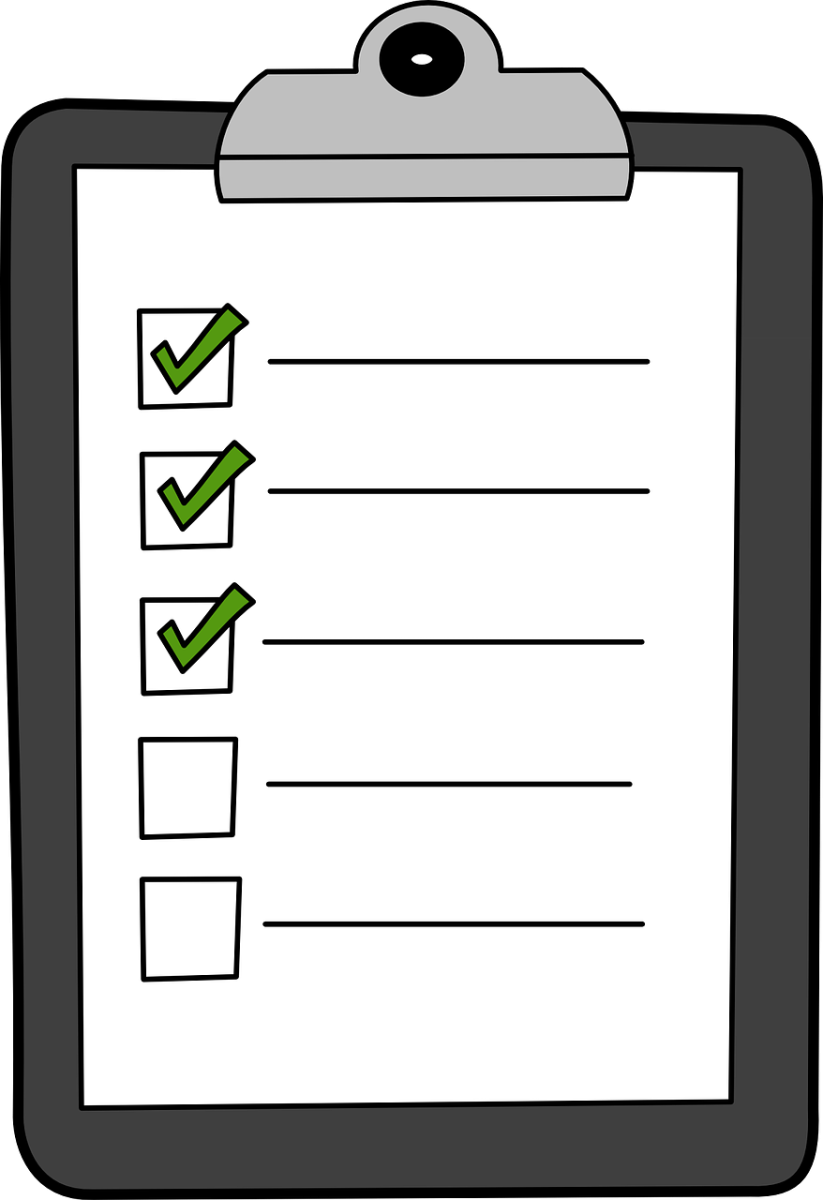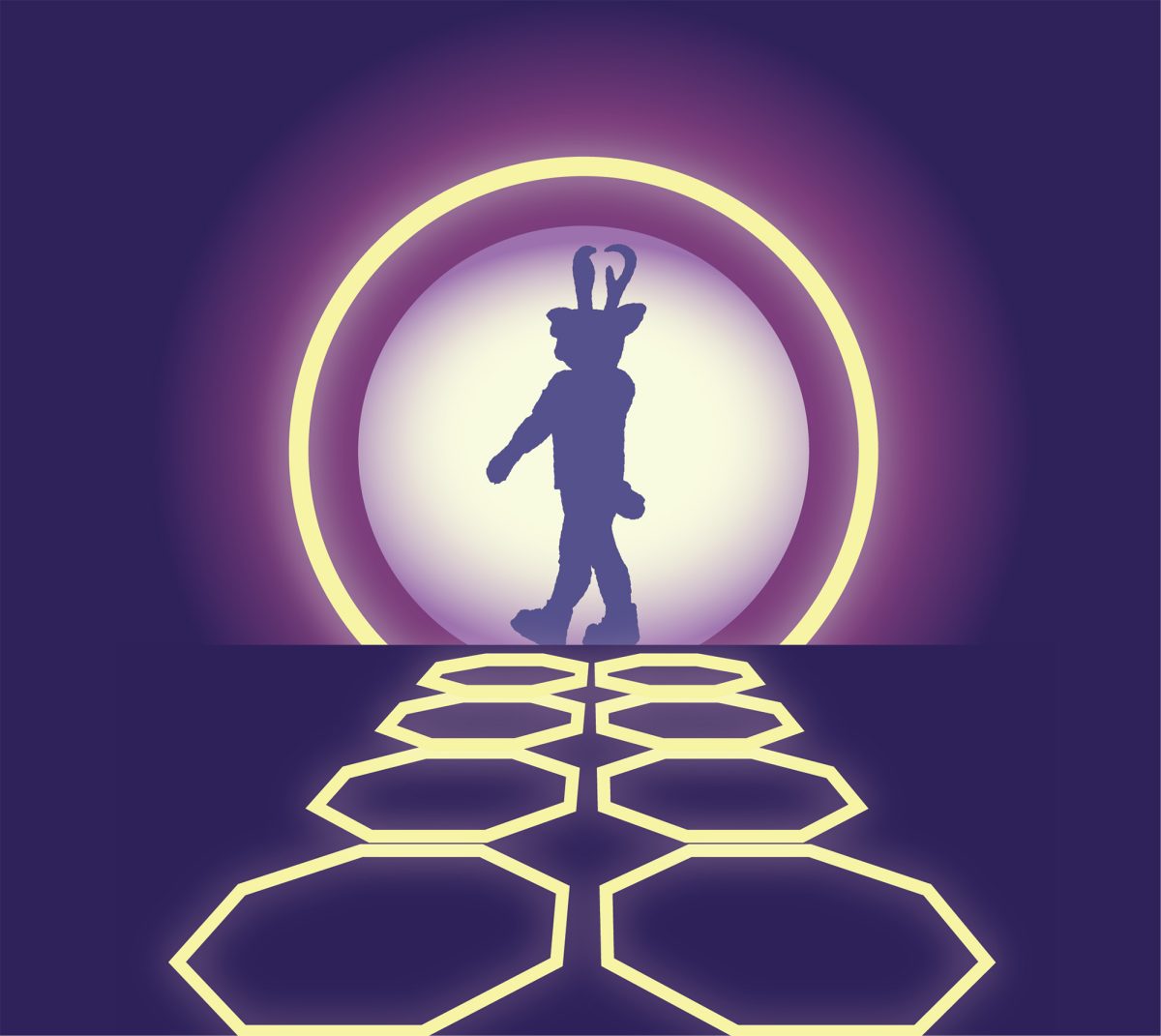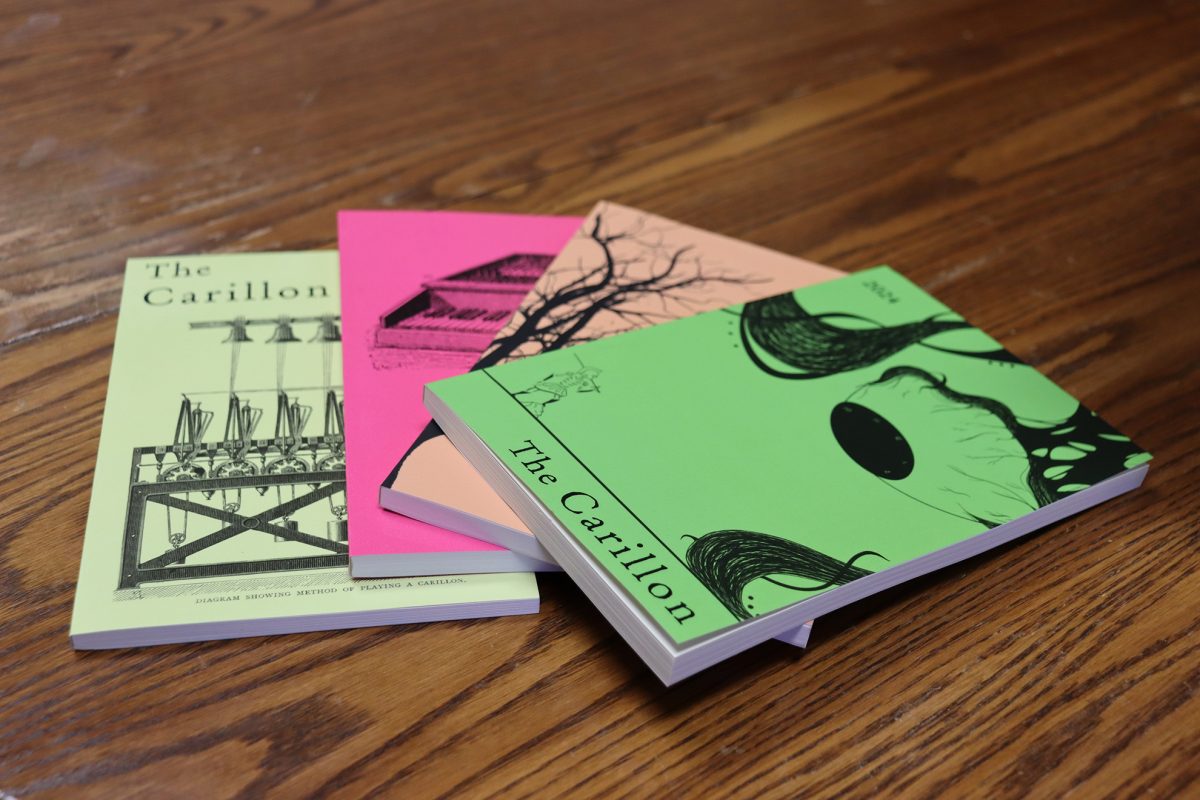I am a journalist, and I am also Catholic.
This means I am baptized in both ink and the Holy Spirit, the AP Stylebook is my second Bible. It’s just as important to never miss deadlines as it is to never miss Mass – though admittedly, I struggle with both.
But if I am a person of faith, can I still efficiently report the facts without being persuaded by my religious beliefs?
Religious perspectives of all kinds are needed in newsrooms to understand underlying motivations behind history, news stories, conflicts and groups of people.
At the Collegiate Media Association conference, I attended two sessions led by Paul Glader, the executive editor of The Media Project.
Glader explained how both the press and religion speak truth to power, consider the needs of communities, protect liberty, care for words in the midst of lies and discuss the problem of evil. Both are freedoms protected by the First Amendment.
However, religion is becoming less and less mainstream in our society. It’s not trending until it goes against a law. In this case, religion reporting is even more important to uncover corruption and spark reformation.
Yet, this topic is often avoided because how can a writer sum up decades or centuries of turmoil within 500 words?
These obstacles shouldn’t prevent journalists from relating to readers of faith.
This brings up the question of whether I can report the facts in an unbiased way, no matter what my beliefs are.
At the Midwest Journalism Conference, I attended a session led by Scott Libin from the Hubbard School of Journalism and Mass Communication at the University of Minnesota.
Libin listed adjectives such as objective, neutral, impartial, even-handed, fair and other vague terms that are impossible to achieve (though journalists still try). The room of broadcasters discussed whether society’s standards can be achieved by humans in general.
Even though objectivity seems out of reach, it does not mean journalists should stop striving to report the facts. For journalists, the truth is not always an abstract concept because news is not dictated by moral relativism.
At the same time, it is dangerous for me to assume everyone has the same religious beliefs as I do.
That’s why we hold each other accountable. I interview sources from all backgrounds because I have a job to do and every voice deserves to be heard. That’s the best way to thoroughly cover a story.
To remedy this growing gap in news, media outlets need to reach out to the massive audiences within faith communities, reporters should dig for deeper motivations behind current events and colleges should teach students about religion reporting.
As a student journalist, I can seek more news stories within the five ministries at UNK. I can continue to cover the who, what, when and where, while also looking deeper into the “why.” And as both a Catholic and a journalist, I will forever be motivated and guided by the truth.





